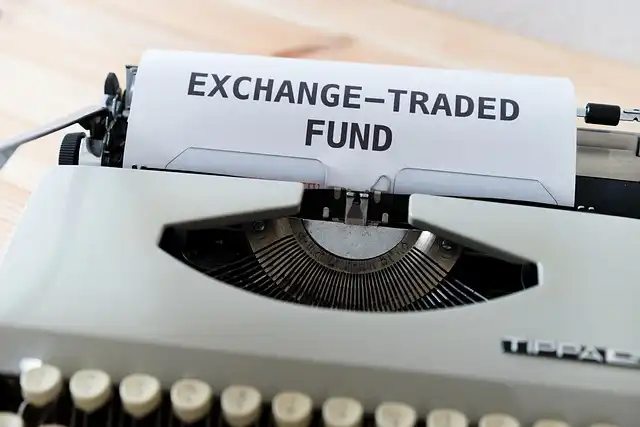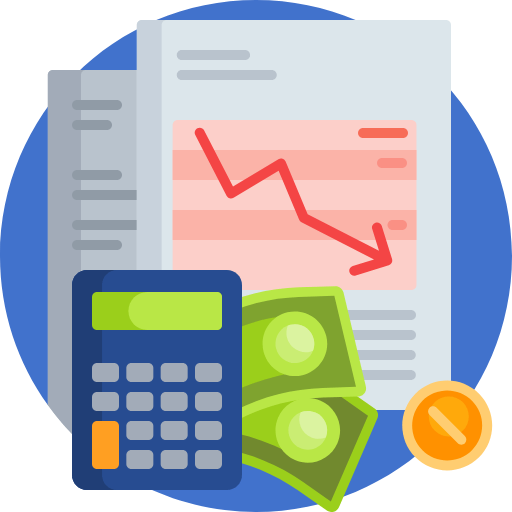ETF Share Classes: Revolutionizing the U.S. Fund Industry

ETF share classes may revolutionize the U.S. fund industry, offering cost savings, tax benefits, and new fund design opportunities. Major asset managers are poised to launch ETF share classes if regulations change.
JPMorgan Equity Premium Revenue ETF (JEPI): While not born from a shared fund, JEPI’s explosive growth has made it a version of what well-managed energetic ETFs can do, supplying a criteria for fund firms pondering share-class ETFs with income-focused approaches.
If accepted, the modification would certainly release the floodgates for asset supervisors to introduce new ETF share classes linked to their incumbent shared funds, enabling brand-new expense savings, tax obligation advantages, and fund design chances that might tremble the $25 trillion U.S. fund industry.
Anticipating Regulatory Changes
However with the various other issuers currently eager for comparable versatility, the sector waits anxiously. Asset managers such as Dimensional Fund Advisors (DFA), Fidelity, and Franklin Templeton have all signaled intentions to introduce ETF share classes if and when the guidelines change.
T. Rowe Rate Blue Chip Development ETFTCHP: A classic common fund method ported right into ETF format. T. Rowe has hinted it may take advantage of share-class flexibility to streamline its product rack. “It’s unlikely that we would certainly make use of ETF as a share course for sure of our funds, yet we’ve identified a variety of them where we believe it’s an eye-catching possibility,” Rob Sharpe, CHIEF EXECUTIVE OFFICER, T. Rowe Price, had discussed in the Q1 2025 profits phone call.
Vanguard’s Unique Advantage
Although Vanguard has been running ETFs as share classes of existing mutual funds under an SEC exemption all along, nothing else asset supervisor has actually had such accessibility considering that. That exclusivity gave Lead with a structural benefit, specifically, tax obligation effectiveness and sharing of prices throughout share courses.
If ETF share classes are commonly readily available, property managers may have the ability to combine operations by making both shared fund and ETF variations readily available under a single umbrella. That would certainly result in less redundant portfolios, even more constant efficiency by wrappers, and cost financial savings that would be passed along to capitalists.
Tax Efficiency and Digitization
Additionally, ETFs are a lot more tax-efficient naturally as a result of their in-kind redemption function. Framing a common fund approach in an ETF wrapper might give legacy managers with the ways to digitize without reinventing the wheel.
Dimensional U.S. Core Equity 2 ETFDFAC: At first a common fund technique, which currently exists as an ETF. Not a main share class, DFAC demonstrates just how companies such as DFA are adjusting old approaches to ETF status, and would certainly almost absolutely change to share classes if that ended up being an alternative.
1 asset managers2 ETF share classes
3 financial savings
4 fund industry
5 Tax Benefits
« Dividend Yields: Impact of Price & Payout ChangesPalihapitiya’s S&P Index Trade & Tech Giants »
